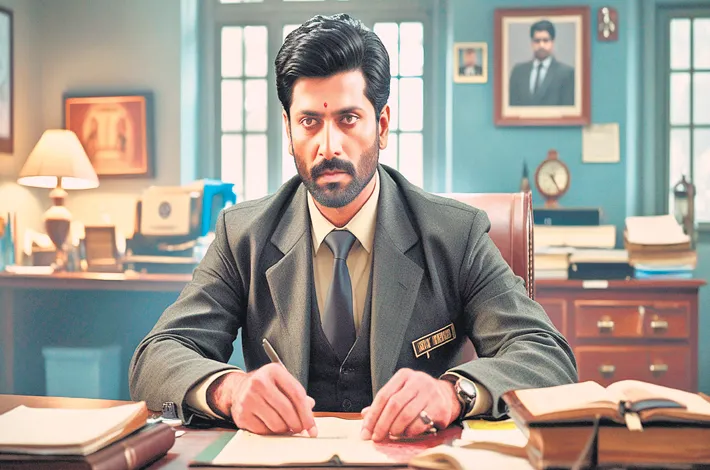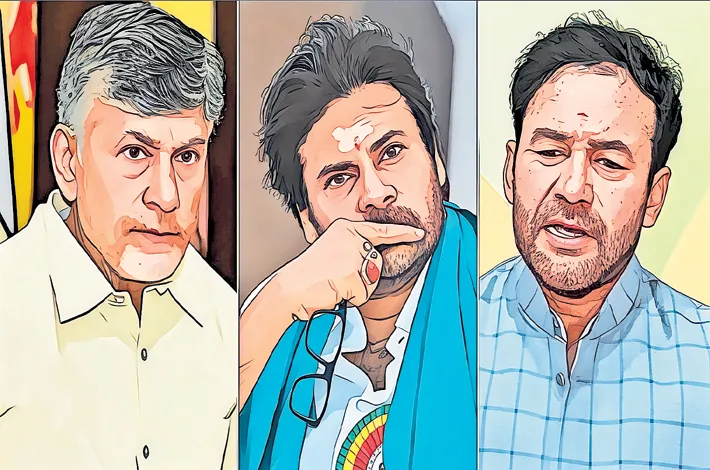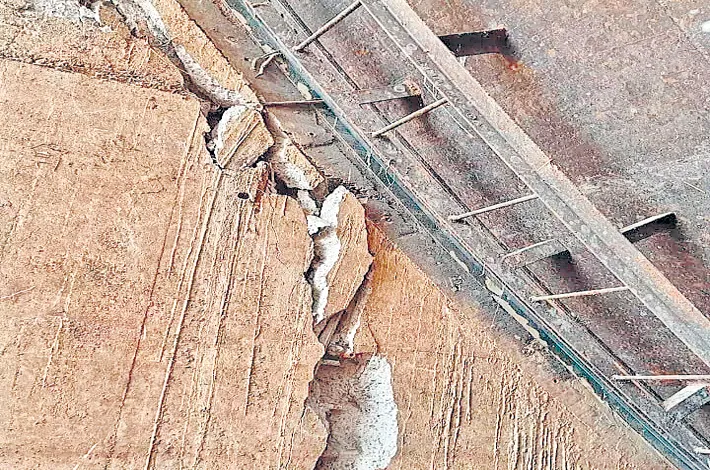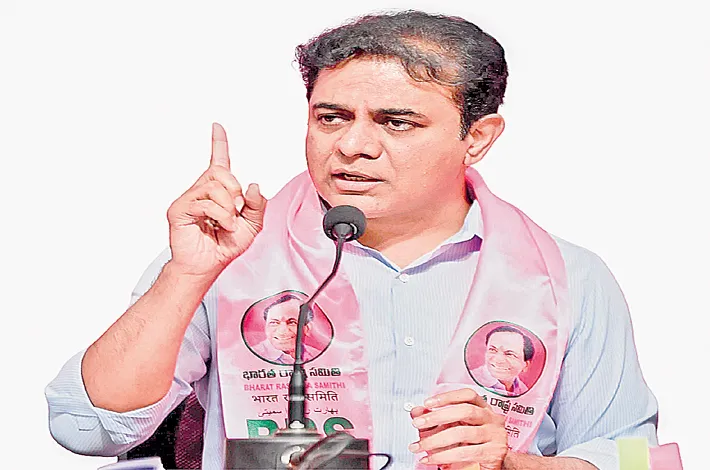The Chenab’s Whisper
23-06-2025 12:00:00 AM

Vikram was a phantom in Jammu’s underworld, elusive and well-connected. Arjun tracked him to a rundown warehouse near the Tawi River, a hub for black-market deals. Under cover of night, with rain still pounding, Arjun and Sharma raided the place
The monsoon rains lashed Jammu, turning the city into a maze of mud and secrets. Detective Arjun Rathore, a weathered officer with a scar across his left cheek from a case that still haunted him, sat in his dimly lit office at the Jammu Police Headquarters. The ceiling fan groaned, barely cutting through the humid air. A lone bulb flickered, casting jagged patterns across the cluttered files on his desk. Outside, the Chenab River roared, swollen and restless, echoing the unease gripping the city.
Arjun’s phone buzzed, slicing through the silence. Inspector Sharma’s voice crackled with urgency. “Sir, we’ve got a body. Raghunath Bazaar. You need to see this.”
Twenty minutes later, Arjun stood beneath a tarp in the heart of the bazaar, rain hammering above. The market, usually alive with color and chatter, was hushed, sealed off by yellow tape. A crowd huddled under umbrellas, their murmurs lost in the downpour. The body lay in an alley behind a spice shop—a young woman, no older than 25, her throat slashed clean. Her lifeless eyes stared skyward, rain pooling in them. A silver locket, etched with a lotus, hung from her neck.
“Anjali Sharma,” Inspector Sharma said, holding up an ID from her purse. “Local jeweler’s daughter. No witnesses, no CCTV in this alley. But look at this.” He pointed to a small, intricately carved wooden figurine—a miniature dog—clutched in her hand. It was an odd detail, one that sparked Arjun’s instincts.
Back at the station, Arjun dug into Anjali’s life. She was a graduate, worked at her father’s shop, no criminal record, no enemies. Her social media painted a quiet picture—temple visits, family dinners, hikes in the Trikuta Hills. But Arjun knew better than to trust appearances in Jammu. The locket and figurine were clues, deliberate or not, and he’d seen enough cases to know nothing was ever straightforward.
He visited the Sharma family’s jewelry shop, a cramped storefront squeezed between a sari emporium and a tea stall. Anjali’s father, Rajesh, was a mess—eyes red, hands trembling. “She was my world,” he choked out. “Who would do this?” Arjun noted a display of silver lockets, identical to Anjali’s. “Family design,” Rajesh said. “She never took it off.” When shown the wooden dog, he frowned. “She wasn’t into such things. Never seen it.”
The figurine was the key, Arjun was certain. Forensics found no prints, washed away by the rain. He canvassed the bazaar, questioning artisans known for carving. Most shook their heads, but an old man near the Ranbir Canal studied the figurine. “Dogra work,” he said. “Village style, from near the Chenab. Rare now.” He pointed Arjun to Mohan Lal, a reclusive carver living in a shanty by the river.
Mohan’s hut was a shrine to his craft—shelves packed with wooden animals, gods, and warriors. The wiry man’s eyes darted nervously as Arjun showed him the figurine. “I carve for myself,” Mohan said. “Don’t sell these. Haven’t made a dog in years.” But his hands betrayed him, trembling, and Arjun spotted a half-finished dog figurine under a cloth. Mohan was lying.
Arjun leaned in, voice low. “A girl’s dead, Mohan. Talk, or you’re coming with me.” Mohan cracked, admitting he sold a batch of figurines to a smuggler named Vikram, known for moving artifacts across the border. “He came last week,” Mohan whispered. “Paid cash. Didn’t say why.”
Vikram was a phantom in Jammu’s underworld, elusive and well-connected. Arjun tracked him to a rundown warehouse near the Tawi River, a hub for black-market deals. Under cover of night, with rain still pounding, Arjun and Sharma raided the place. Inside were crates of artifacts—statues, jewelry, more wooden figurines. Vikram was there, barking orders at two goons. A firefight broke out, bullets ricocheting off beams. Arjun took a graze to the arm but dropped one of Vikram’s men. Sharma cuffed the other.
Cornered, Vikram sneered. “You’re too late, Rathore. The deal’s done.” But Arjun’s eyes were on a ledger among the crates. One name stood out: Rajesh Sharma, Anjali’s father. The puzzle snapped into place. Rajesh wasn’t just a jeweler; he was fencing smuggled goods, using his shop as a front. Anjali, Arjun reasoned, had stumbled onto it. The locket was her family’s, but the figurine? A marker, a smuggler’s signal—or a fatal mistake.
At the station, Arjun confronted Rajesh. The man collapsed, sobbing. “I didn’t know they’d kill her,” he said. “Vikram’s men thought she’d talk. I told them she wouldn’t, but…” He trailed off, drowned in guilt. The figurine, he confessed, was a drop signal for smugglers. Anjali had picked it up, unknowingly marking herself.
Vikram and his crew were charged, but Arjun felt no triumph. Standing by the Chenab, watching its churning waters, the rain finally eased. Jammu would guard its secrets, but Anjali’s killer was behind bars. The locket, now in evidence, lingered in Arjun’s mind—a reminder that even in a city of rivers and gods, darkness waited in the cracks.








